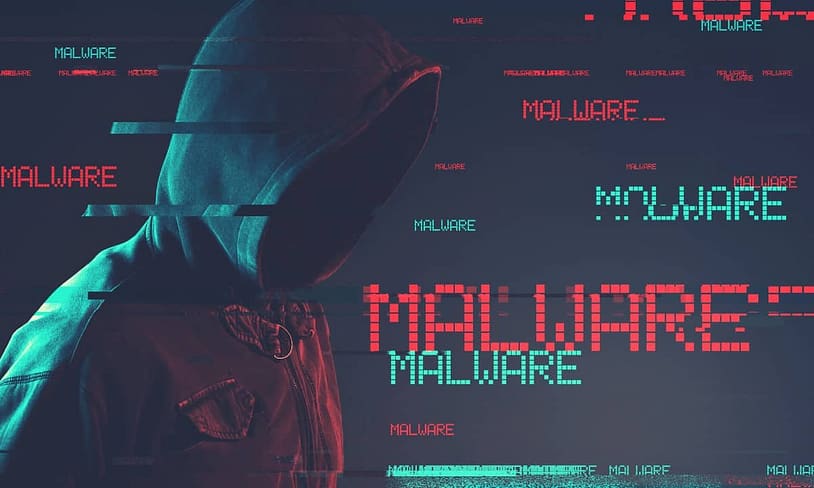The NPM (node packet supervisor) account of developer ‘qix’ was compromised, permitting hackers to publish malicious variations of his packages.
The attackers printed malicious variations of dozens of extraordinarily widespread JavaScript packages, together with basic utilities. The hack was huge in scope for the reason that affected packages have over 1 billion mixed weekly downloads.
This assault on the software program provide chain particularly targets the JavaScript/Node.js ecosystem.
NPM Provide Chain Assault
Fashionable dev qix fell sufferer to phishing. Malicious code injected into npm packages now hijacks crypto transactions at signing.
Assault technique:
• Hooks pockets capabilities (request/ship)
• Swaps recipient addresses in ETH/SOL transactions
• Replaces… pic.twitter.com/Jn9H4HWP8v— Rip-off Sniffer | Web3 Anti-Rip-off (@realScamSniffer) September 8, 2025
Crypto Clipper Malware
The malicious code was a “crypto-clipper” designed to steal cryptocurrency by swapping pockets addresses in community requests and hijacking crypto transactions straight. It was additionally closely obfuscated to keep away from detection.
The crypto-stealing malware has two assault vectors. When no crypto pockets extension is discovered, the malware intercepts all community site visitors by changing the browser’s native fetch and HTTP request capabilities with in depth lists of attacker-owned pockets addresses.
Utilizing subtle tackle swapping, it employs algorithms to seek out alternative addresses that look visually much like reputable ones, making the fraud almost unimaginable to identify with the bare eye, said cybersecurity researchers.
If a crypto pockets is discovered, the malware intercepts transactions earlier than signing, and when customers provoke transactions, it modifies them in reminiscence to redirect funds to attacker addresses.
The assault focused packages equivalent to ‘chalk,’ ‘strip-ansi,’ ‘color-convert,’ and ‘color-name,’ that are core constructing blocks buried deep within the dependency bushes of numerous tasks.
The assault was found unintentionally when a construct pipeline failed with a “fetch shouldn’t be outlined” error because the malware tried to exfiltrate information utilizing the fetch perform.
“In the event you use a {hardware} pockets, take note of each transaction earlier than signing, and also you’re secure. In the event you don’t use a {hardware} pockets, chorus from making any on-chain transactions for now,” advised Ledger CEO Charles Guillemet.
Clarification of the present npm hack
In any web site that makes use of this hacked dependency, it provides an opportunity to the hacker to inject malicious code, so for instance if you click on a “swap” button on an internet site, the code would possibly substitute the tx despatched to your pockets with a tx sending cash to…
— 0xngmi (@0xngmi) September 8, 2025
Broad Assault Vector
Whereas the malware’s payload particularly targets cryptocurrency, the assault vector is way broader. It impacts any surroundings operating JavaScript/Node.js functions, equivalent to net functions operating in browsers, desktop functions, server-side Node.js functions, and cell apps utilizing JavaScript frameworks.
So a daily enterprise net software might unknowingly embrace these malicious packages, however the malware would solely activate when customers work together with cryptocurrency on that web site.
Uniswap and Blockstream had been among the many first to reassure customers that their programs weren’t in danger.
Concerning the reviews of the NPM provide chain assault:
Uniswap apps should not in danger
Our crew has confirmed that we don’t use any weak variations of the affected packages
As at all times, be vigilant
— Uniswap Labs (@Uniswap) September 8, 2025
Binance Free $600 (CryptoPotato Unique): Use this link to register a brand new account and obtain $600 unique welcome supply on Binance (full details).
LIMITED OFFER for CryptoPotato readers at Bybit: Use this link to register and open a $500 FREE place on any coin!
